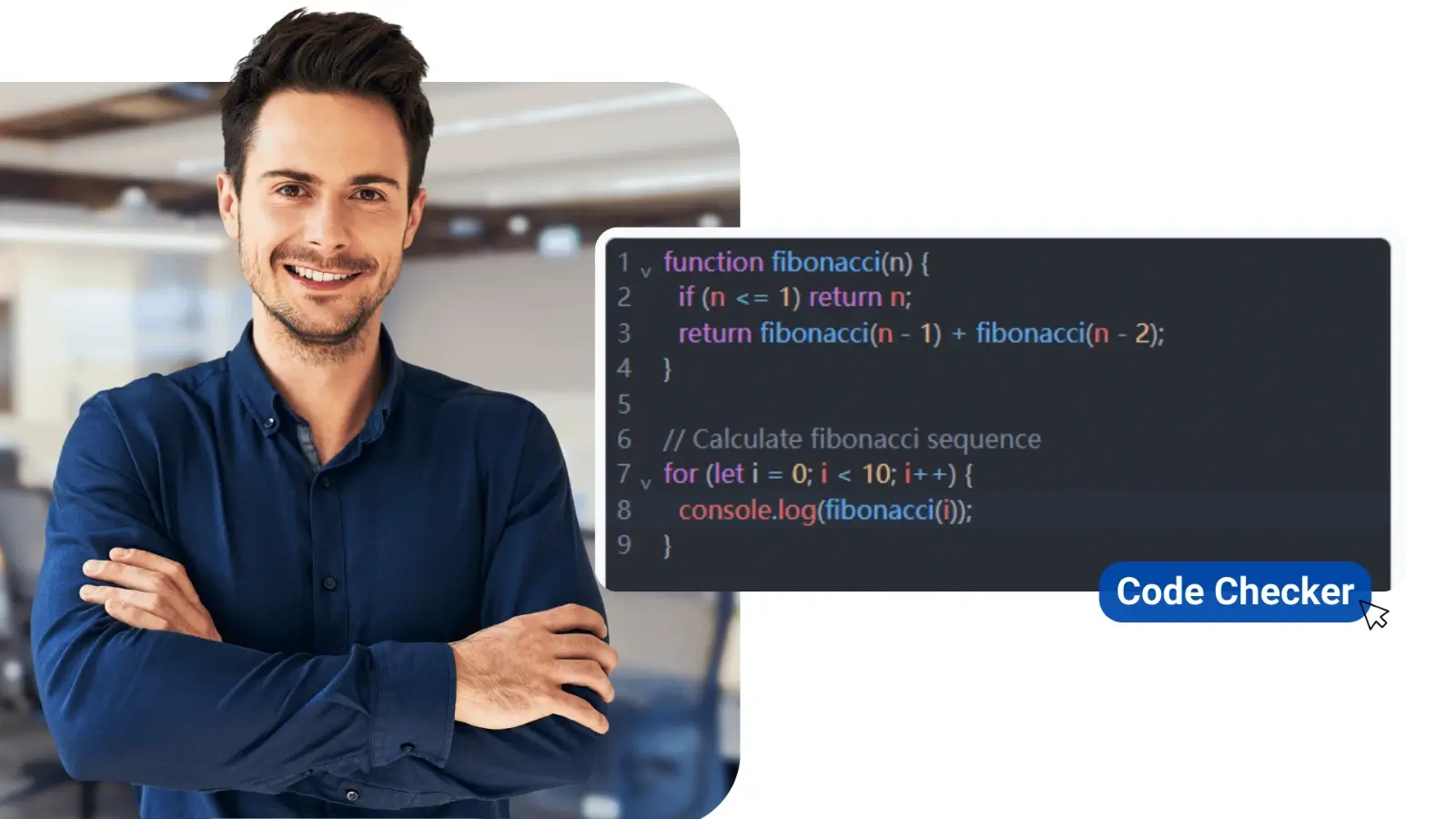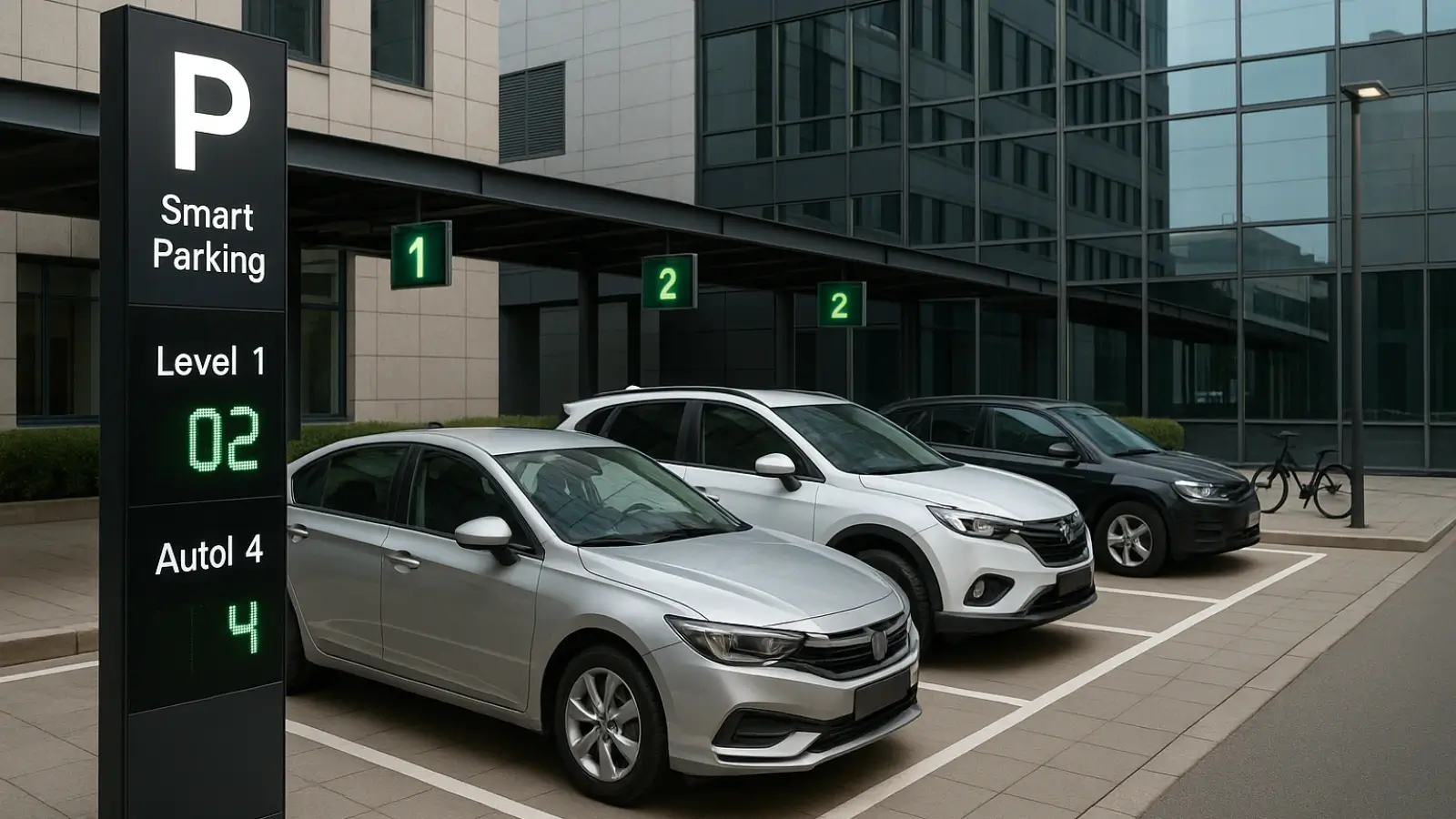Introduction
Ever wondered: ‘What if there was one developer to complete my project?’
One talent to do everything from managing your complete project, from designing amazing user interfaces to handling sophisticated server-side processes, all on their own?
Enter full-stack developer, a technical expert who can handle both client-side (frontend) and server-side (backend) development, successfully bridging the gap between design, development, and deployment. They are capable of managing the whole software development lifecycle, from planning to production.
But what’s the role of their full-stack development services in end-to-end production? Let’s find out as we learn more about it in the following sections.
What is a Full Stack Developer?
A full-stack developer is a professional who works on an application's client-side (what users see) as well as server-side (how things work in the background). They provide a diverse set of technical talents to oversee all aspects of development.
What Makes Full Stack Developers Unique?
-
Front-End Expertise: They use HTML, CSS, and JavaScript frameworks such as React to develop visually attractive designs.
-
Back-End Knowledge: They use server-side logic tools like as Node.js, Express.js, or Python.
-
Proficient Knowledge: They are proficient in database management and integration, ranging from MongoDB to MySQL.
-
Soft Skills: Their communication and problem-solving talents facilitate collaboration.
At Brainvire, our full-stack developers have extensive expertise working on complicated projects and producing solutions that fit your business objectives. As a software development company proficient in full-stack development, we bring superior service at your convenience.
The Growing Demand for Full Stack Developers
The technology sector is growing, and firms want developers who can adapt swiftly. This is one reason why employing full-stack developers is becoming increasingly popular. They add flexibility and efficiency to projects, making them indispensable in today's competitive industry.
Why Businesses Prefer Full Stack Developers
-
All-in-One Expertise: They can perform both front-end and back-end activities, eliminating the need for several specialists.
-
Cost-Effective Solutions: Hiring one full-stack developer is typically less expensive than creating a team of professionals.
-
Faster Project Delivery: They streamline procedures, reducing development time.
Why Hiring A Full-Time Developer Adds to Your Product Builds
1. Cost-effective Resource
Hiring a single full-stack developer is more cost-effective than hiring numerous experts. This dramatically lowers your payroll, HR, and administrative expenditures.
2. Faster Project Delivery
Because a full-stack developer can handle both frontend and backend activities, communication delays are reduced and development is more efficient. This leads to shorter development cycles and speedier time-to-market.
3. Versatility Across the Tech Stack
Full-stack engineers can effortlessly transition between activities and improve different portions of their program due to their experience with several technologies.
4. Improve Communication
Having one individual manage both the frontend and the backend improves communication among the team. There is less back and forth between departments, which makes the process go more smoothly.
5. Ownership and Accountability
Full-stack developers often claim complete control over their projects. This assures greater devotion, fewer errors, and more inventive results.
6. Efficient Problem Solving
They have a bird's-eye perspective of the complete application architecture, allowing them to spot bottlenecks and resolve issues without involving additional team members.
7. Easily Scalable Projects
Whether you're creating a simple MVP or expanding to a sophisticated SaaS platform, full-stack developers can handle the additional effort and complexity.
8. Perfect for MVP Development
When introducing a new product, full-stack developers are most suited to creating functional, user-friendly, and market-ready prototypes.
9. Stay Updated with Trends
Full-stack engineers often keep on top of trends in both frontend and backend development. This enables you to future-proof your app with contemporary features and capabilities.
10. Reduced Dependency
Your project's success will not be jeopardized if one team member departs. A full-stack developer can maintain the system's functionality and teach new hires as needed.
When Should You Hire a Full-Stack Developer?
Despite the numerous benefits, employing a full-stack development team may not always be the best option for you. You must consider your company's objectives and unique software requirements before deciding whether to engage professional full-stack developers or specialist software engineers. Let's find out:
-
Building a Prototype: Whether you run a startup or an SME, creating a minimum viable product (MVP) is preferable before beginning to create a full-fledged application. MVP gradually adds value to the project while reducing gaps. In terms of cost and speed of delivery, hiring full-stack programmers is the ideal option for prototype development.
-
Overall Project Size: Full-stack developers can easily create a modest app targeting a few thousand users. A skilled developer in this category can handle the complete project load while delivering the necessary solution on time.
-
Complex Project functions: Full-stack engineers excel at managing projects with basic functions. However, if the amount of functionality develops, it may become difficult. Still, you could come across a developer who has already worked on challenging projects.
-
Need an App Development Partner: If you're a business owner who has a clear vision of the type of application you want to create but is encountering certain obstacles, you may employ Full-Stack developers as a development partner.
What is the Cost of Hiring Full-Stack Developers?
Professional full-stack engineers often have around ten years of experience working on several projects. However, geography is a crucial aspect in determining the cost of recruiting developers. In today's dispersed team environment, you may recruit full-stack engineers from anywhere in the world.
Generally, employing full-stack engineers costs between USD 12,000 and $5,000. Here, experience is equally important. For instance, a full-stack engineer with a decade of experience in India may command the same salary as one with three years of experience in the United States.

















